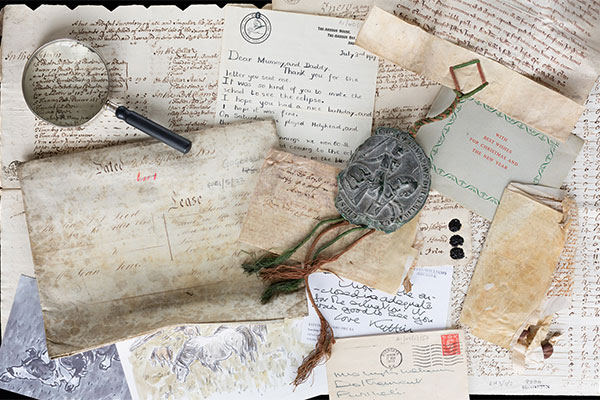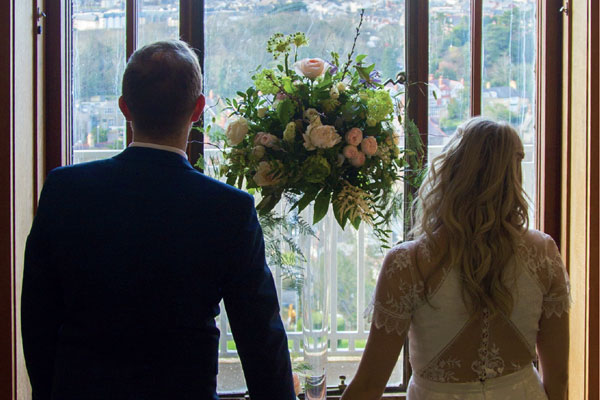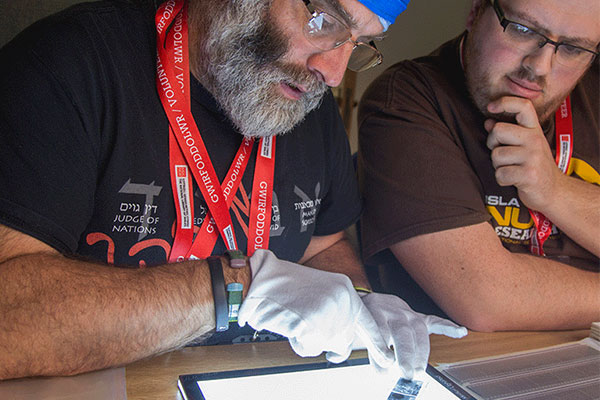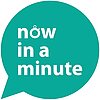Learning toolkit
Background
Ramadan is a holy month for Muslims. It is the ninth month of the Islamic calendar, and fasting (not eating from sunrise to sunset) during this month is one of the Pillars of Islam known as Sawm. It is a time of fasting, prayer, reflection, charitable giving, and trying to be a better person.
The fasting hours are longer in Wales than in some other countries, due to the high latitude and long daylight hours. For example, the Suhoor (the last meal before dawn) in Wales could be around 5 am, and the Iftar (the time to break the fast after sunset) after 8 pm. This means that Muslims must fast for more than 15 hours a day.
At the end of Ramadan, Muslims will be celebrating Eid al-Fitr, which marks the completion of the fast and the gratitude to Allah (God). Muslims wear their finest clothes, pray at the mosque, exchange gifts and enjoy festive meals with their families and communities.
Possible questions to discuss
- What do Muslims do during Ramadan?
- What would be the challenges of fasting for 30 days?
- What happens at an Itfar?
- How would you celebrate Eid al-Fitr with your family and your community?
- How can non-Muslims be thoughtful during Ramadan?
Activities and experiences
- Watch the video.
- Discuss the infographic.
- Create a timeline of the different milestones during Ramadan.
Key concepts
(derived from the statements of what matters)
Languages, Literacy and Communication
- Listening with empathy and respect
- Languages variety
- Understanding perspectives
Humanities
- Human impact on the world.
- Understanding ideas and perspectives
- Social and cultural importance
- Identity
- Similarity and social differentiation








